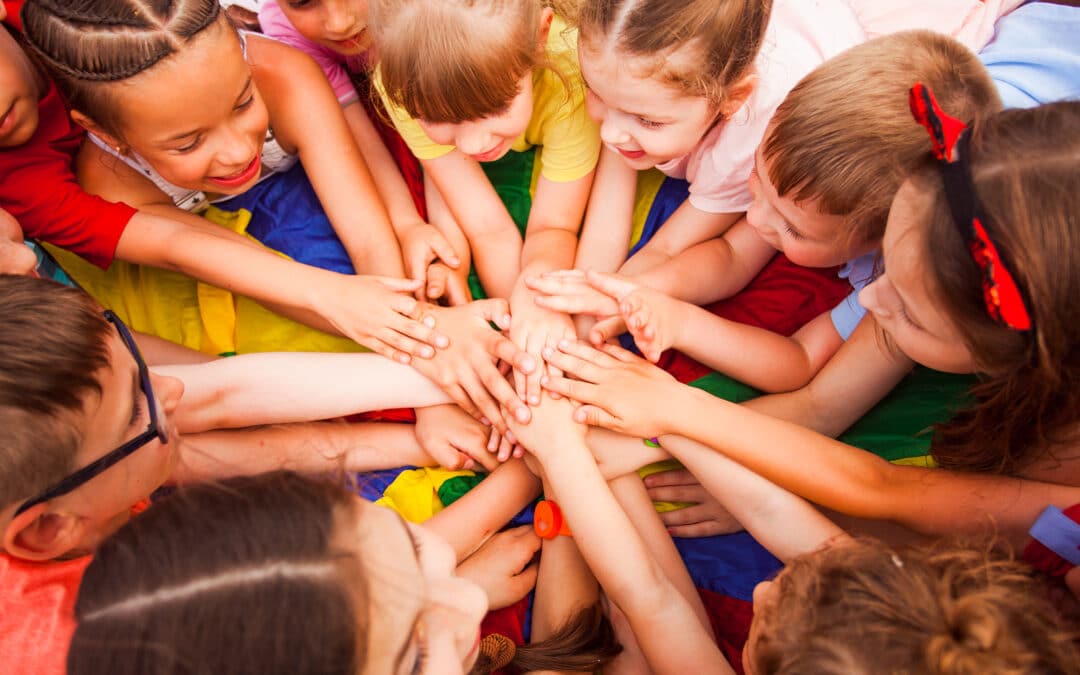Unfortunately there is still a significant amount of stigma surrounding dyslexia in society. Despite increased awareness and understanding of dyslexia, many people still hold misconceptions and negative attitudes towards individuals with dyslexia.
When I was at school, dyslexia wasn’t even a thing! There was no real diagnosis, virtually no support and very little information. Many of my friends were diagnosed later on in life and this explained their difficulties at school. Why is it then, despite it being recognized in schools and approximately 20% of all children being dyslexic is there still such stigma surrounding dyslexia?
It’s time for a change!
One common misconception is that dyslexia is simply a matter of laziness or a lack of effort. As I keep saying, dyslexia is a neurological condition. It is not a choice but a condition that affects an individual’s ability to read, write, and spell. What it is not is a reflection of intelligence or effort.
There is a huge lack of accommodations and support for kids with dyslexia within schools. I live in Thailand and my children go to international school. Many of these schools don’t want children with any kind of learning differences at their schools in case they ‘bring the grades down’. This is a disgusting view that far too many so called educators take. Where I live, not one school is properly equipped to fully support children with dyslexia.
Dyslexia Friendly Classroom
As I have said before, it does not take much to turn every classroom into a dyslexia friendly one. My blog here details how to in just a few simple steps. Why then, are not more classrooms inclusive? With the correct resources, accommodations and teaching support, children with dyslexia can, and will, thrive. However without these support measures in place, children can begin to feel isolated, frustrated and anxious.
Read my blog on dyslexia and anxiety here.
It’s not just in schools however that stigma surrounding dyslexia exists! The general stereotype is often negative and this can lead to discrimination in employment where people are unfairly judged based on their reading and writing abilities rather than their actual skills and qualifications.
It is so important that we shift people’s mindsets and work towards raising even more awareness and even more understanding of this learning difference. Without it, our kids will continue to miss out on crucial support.
There are so many resources and tools for kids and adults with dyslexia. This list of the top 15 tools for dyslexia is a must-read for any families with a child/children with dyslexia.
Changing the narrative
So, how do we remove the stigma?
- Education and awareness: Educating people about dyslexia and its effects can help break down misconceptions and stereotypes. Raising awareness through campaigns, media, and social media can help promote understanding and empathy towards individuals with dyslexia.
- Inclusive policies: Ensuring that schools and workplaces have inclusive policies that provide accommodations for individuals with dyslexia can help remove barriers to learning and employment. This can include providing assistive technology, extra time for exams, and alternative ways of demonstrating knowledge. See my 40 tips for dyslexia in the classroom
- Positive representation: Celebrating the achievements and strengths of individuals with dyslexia can help challenge negative stereotypes and promote a more positive image of dyslexia. This can include highlighting successful dyslexic individuals in the media, as well as sharing personal stories of resilience and success.
- Advocacy and support: Advocating for the rights of individuals with dyslexia and providing support and resources for them and their families can also help remove the stigma. This can include support groups, counseling services, and legal advocacy.
By taking these steps, we will work towards creating a more inclusive and understanding society that supports and celebrates the strengths of individuals with dyslexia. More importantly however, is to also look at how dyslexia can positively impact our lives. It’s not all doom and gloom! Time to start focusing on the strengths of dyslexia too.
I love to hear from you all. Please comment if you or your child has ever experienced any stigma surrounding dyslexia.


Hey l just read this now. Yes being dyslexic it’s like a stigma a lot of people are really going through it including me. I am dyslexic I’m finding it hard at work and church. A lot of people don’t understand what we go through if you are dyslexic.For me it’s my secret and l am scared to tell my manager that I am dyslexic because I know at my workplace rumours spread so quick and fast. I live in fear anxiety every single day as I go to work or church. This is my reality. Thanks
I’m very sorry this is your reality. This is why raising awareness on dyslexia is so important. Please remember that 1 in 5 of the population has dyslexia – you are not alone and it is in no way anything to be ashamed of!